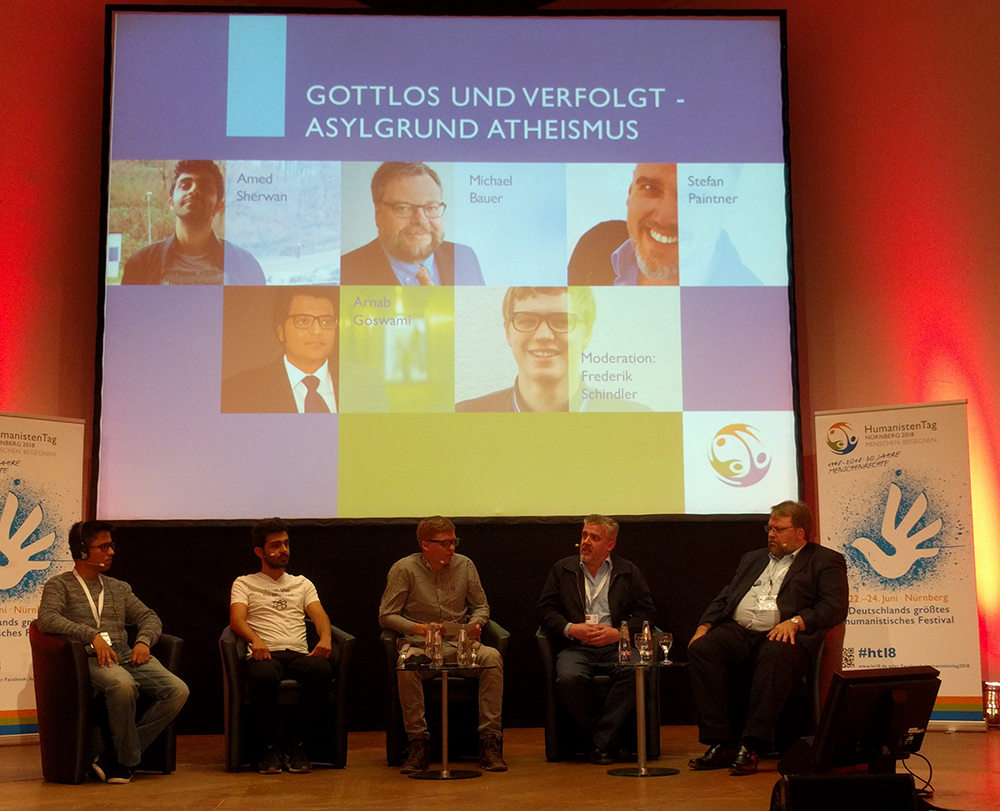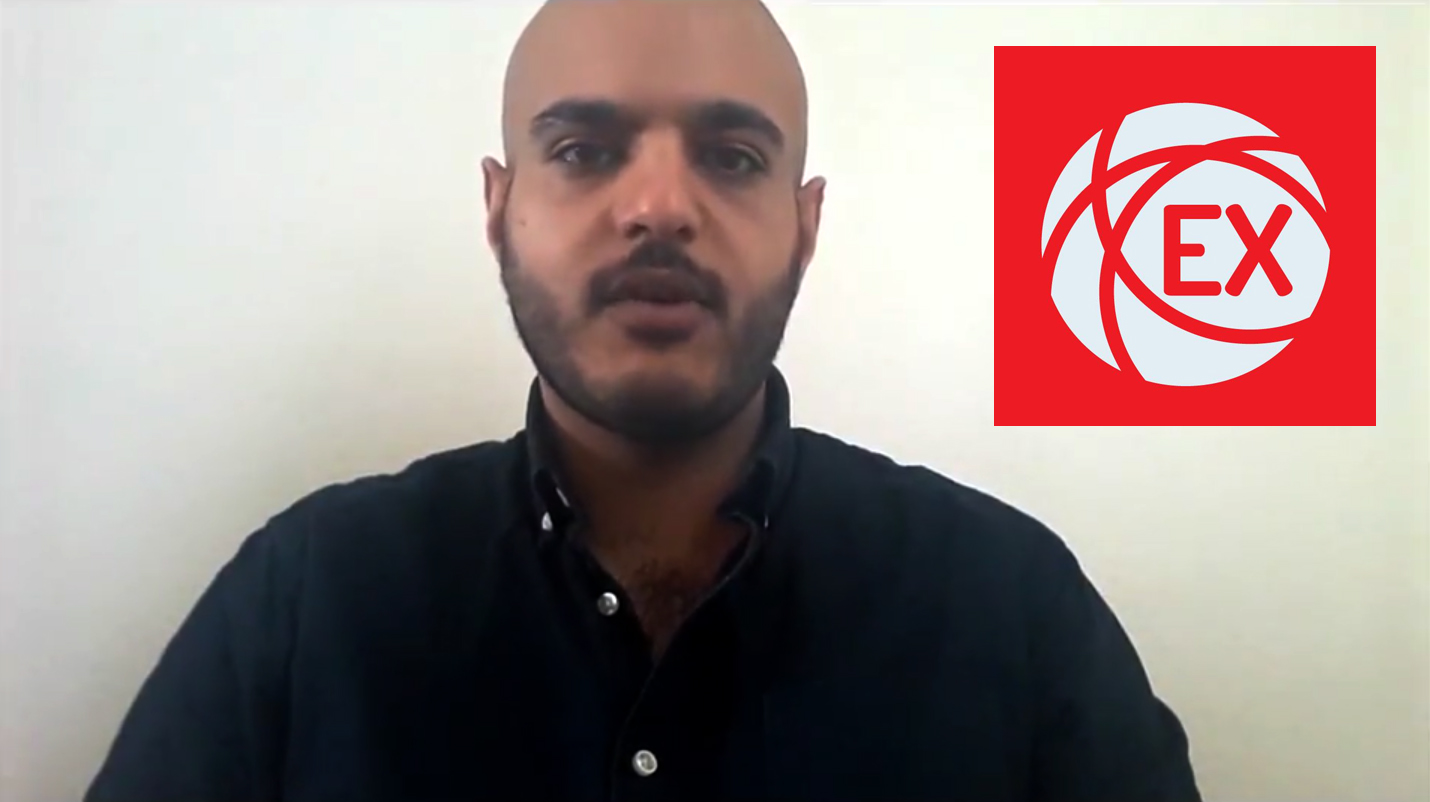
On 16.11.2018 the Atheist Refugee Relief e.V. organized a panel discussion entitled “Islam and human rights – different countries, the same problems?” on the occasion of the Secular Week of Human Rights in Berlin. Four guests from four very different countries were invited, but all of them were influenced by Islam. Alia Khannum from Pakistan, Shuruq from Saudi Arabia, Yahya Ekhou from Mauritania, Mahmudul Haque Munshi from Bangladesh told their stories about how they turned away from Islam and how society reacted with incredible violence every time. Moderator Angelika Kalwass confessed that when she became familiar with the topic in preparation for the evening, she felt overwhelmed by the force of what she had heard. In addition, the Islam critic Hamed Abdel Samad was invited, who pointed out that we in Europe must not offer any space to this culture of intolerance and must defend our civil liberties. He said that the European Parliament should make it more difficult to criticise Islam on the pretext of suppressing hate speech. At the end of the event, Mina Ahadi, President of the Central Council of Ex-Muslims, recalled the dangers of a political Islam with regard to her own history.
The occasion of the event was the experience of the Atheist Refugee Relief e.V. with refugees who had left Islam. Although they came from many parts of the world, the reaction of the institutions of their home countries and especially of their personal environment was always very similar. We also had to experience that it was often the family pressure that moved people to flee. Religious ideology penetrates into the last areas of private life and controls individuals, especially women, in every detail of their lives. This is what we wanted to address, because the public debate often does not address the influence of religion and instead the cause is to be found in the respective culture.






 Asad Noor (25), a well-known blogger from Bangladesh, could face a prison sentence of up to 14 years, as he had criticised Islam on the Internet. He was arrested at Dhaka airport in late December.
Asad Noor (25), a well-known blogger from Bangladesh, could face a prison sentence of up to 14 years, as he had criticised Islam on the Internet. He was arrested at Dhaka airport in late December. The two sisters Ashwaq Hamoud, 30, and Areej Hamoud, 28, fled Saudi Arabia because they were subjected to massive abuse by their families. They are now to be forcibly repatriated. In Saudi Arabia, in addition to honour killings or serious abuse by the family, they may also be facing legal threats, as they could serve a prison sentence for not being obedient to their parents.
The two sisters Ashwaq Hamoud, 30, and Areej Hamoud, 28, fled Saudi Arabia because they were subjected to massive abuse by their families. They are now to be forcibly repatriated. In Saudi Arabia, in addition to honour killings or serious abuse by the family, they may also be facing legal threats, as they could serve a prison sentence for not being obedient to their parents.

